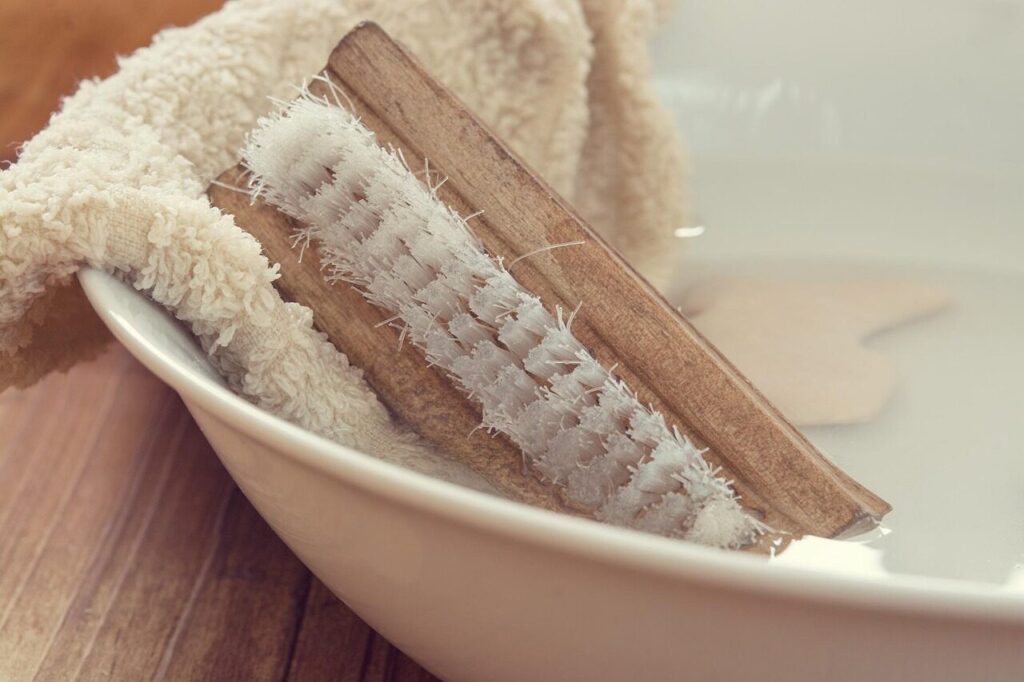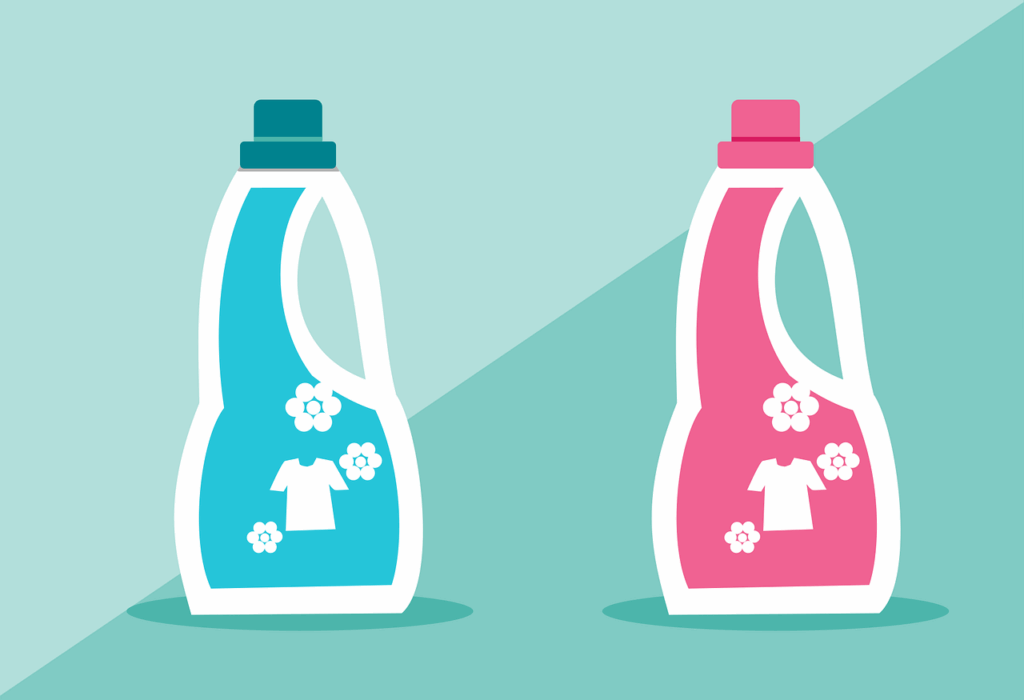Keeping your sheets fresh seems simple, yet several everyday washing habits can unintentionally make them dirtier. From using the wrong water temperature to adding too much detergent, small missteps can allow oils, sweat, bacteria, and residue to settle deeper into the fibers. When these mistakes add up, your bedding looks dull faster, traps odors easily, and wears out sooner than expected. Understanding what goes wrong in the laundry process helps you make smarter choices so every wash leaves your sheets feeling genuinely clean, soft, and inviting.
1. Using Too Much Detergent

Using excess detergent might feel like it makes your sheets cleaner, but it actually creates the opposite effect. When too much soap runs through the wash, your machine struggles to rinse it away completely. This leaves behind a filmy residue that traps dirt, body oils, and even allergens within the fabric fibers. Over time, those deposits cause sheets to feel stiff, look dull, and develop lingering odors. Using the correct amount allows your washer to rinse thoroughly and helps your sheets stay fresh.
2. Washing Sheets in Cold Water Only

Many people choose cold water to protect fabric, but relying on it exclusively can leave sheets less clean than expected. Cold cycles often struggle to break down the combination of sweat, oils, and skincare residue that accumulates during sleep. As these buildup layers settle deeper into the fibers, they create dullness and lingering odors that return quickly after each use. Using warm water occasionally helps dissolve stubborn grime while still preserving fabric quality, keeping your sheets both fresh and comfortable.
3. Overloading the Washing Machine

Stuffing too many items into the washer prevents your sheets from moving freely, and this limits how effectively water and detergent can circulate. When fabric can’t open up during the wash, soil and oils cling to the fibers instead of being rinsed away. The result is uneven cleaning, trapped moisture, and lingering musty smells after drying. Washing sheets in smaller loads allows them to agitate properly, improving both cleanliness and softness while reducing unnecessary wear caused by tightly packed cycles.
4. Skipping Pre-Treatment for Stains

Ignoring stains may seem harmless, but once they bond to the fabric, they become much harder to remove with a normal wash. Sweat marks, lotion spots, and makeup smudges can sink deeper into the fibers if not treated beforehand. Over time, these unaddressed patches attract odor-causing bacteria, leaving freshly washed sheets smelling less than pleasant. Gently applying a mild stain remover before laundering helps lift residues early, ensuring your sheets come out cleaner, brighter, and free of persistent spots.
5. Using Fabric Softener Too Often

While fabric softeners make sheets feel smoother initially, they leave behind a waxy coating that traps dirt and oils. This buildup reduces the fabric’s breathability and makes sheets appear dingy long before they should. Over time, the coating can also interfere with moisture-wicking properties, causing heat and sweat to stay close to the skin. Using softener sparingly or switching to white vinegar helps maintain your sheets’ natural softness and keeps them genuinely clean instead of artificially conditioned.
6. Not Drying Sheets Thoroughly

Removing sheets from the dryer while they’re still slightly damp might save time, but it encourages mildew growth deep within the fibers. Even small pockets of moisture can create sour smells that are difficult to eliminate later. In addition, damp sheets tend to attract airborne dust and particles more easily, making them feel less fresh by the next use. Ensuring they dry completely either in the dryer or on a line keeps them crisp, clean-smelling, and free from hidden microbial buildup.
7. Forgetting to Clean the Washer Regularly

A dirty washing machine can quietly undo all your laundering efforts. Residue from detergent, fabric softener, and previous loads builds up inside the drum, creating a film that transfers onto your sheets during each wash. This grime carries bacteria, lint, and mineral deposits that leave sheets looking dull or smelling stale. Running a monthly cleaning cycle with a washer cleaner or hot water and vinegar helps maintain a fresh interior, ensuring your machine actually cleans rather than contaminates your bedding.
Comments